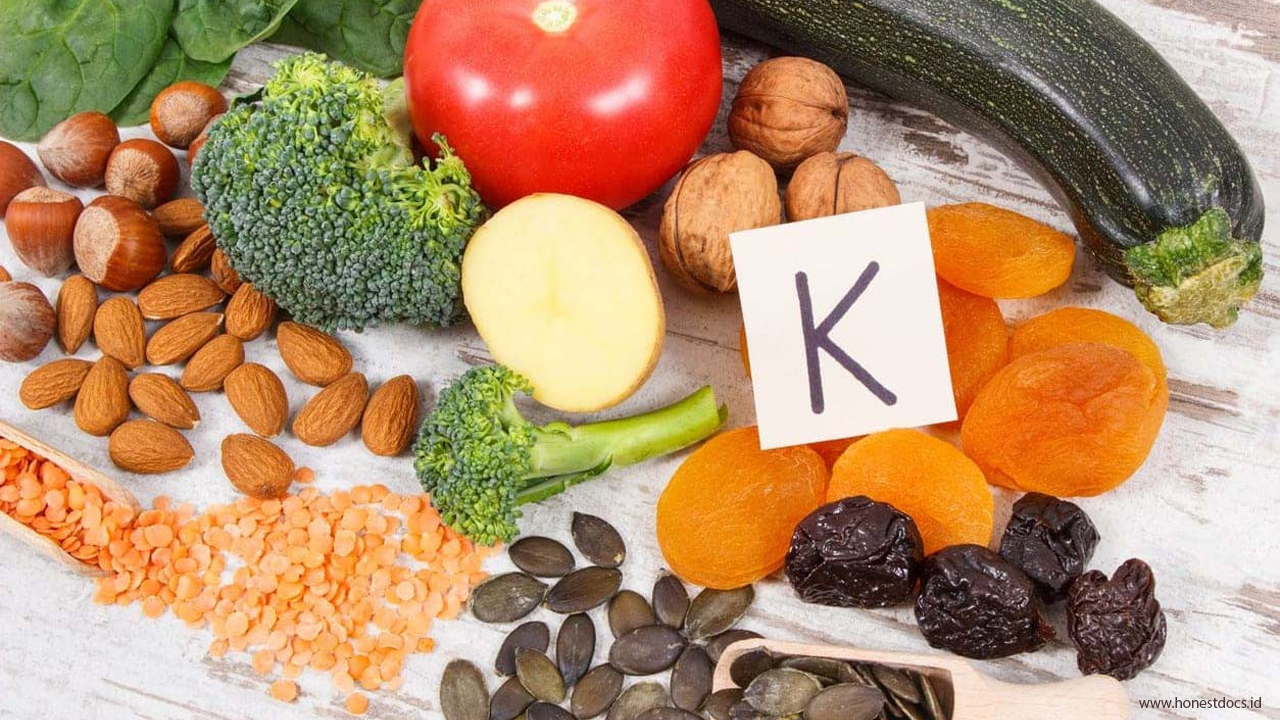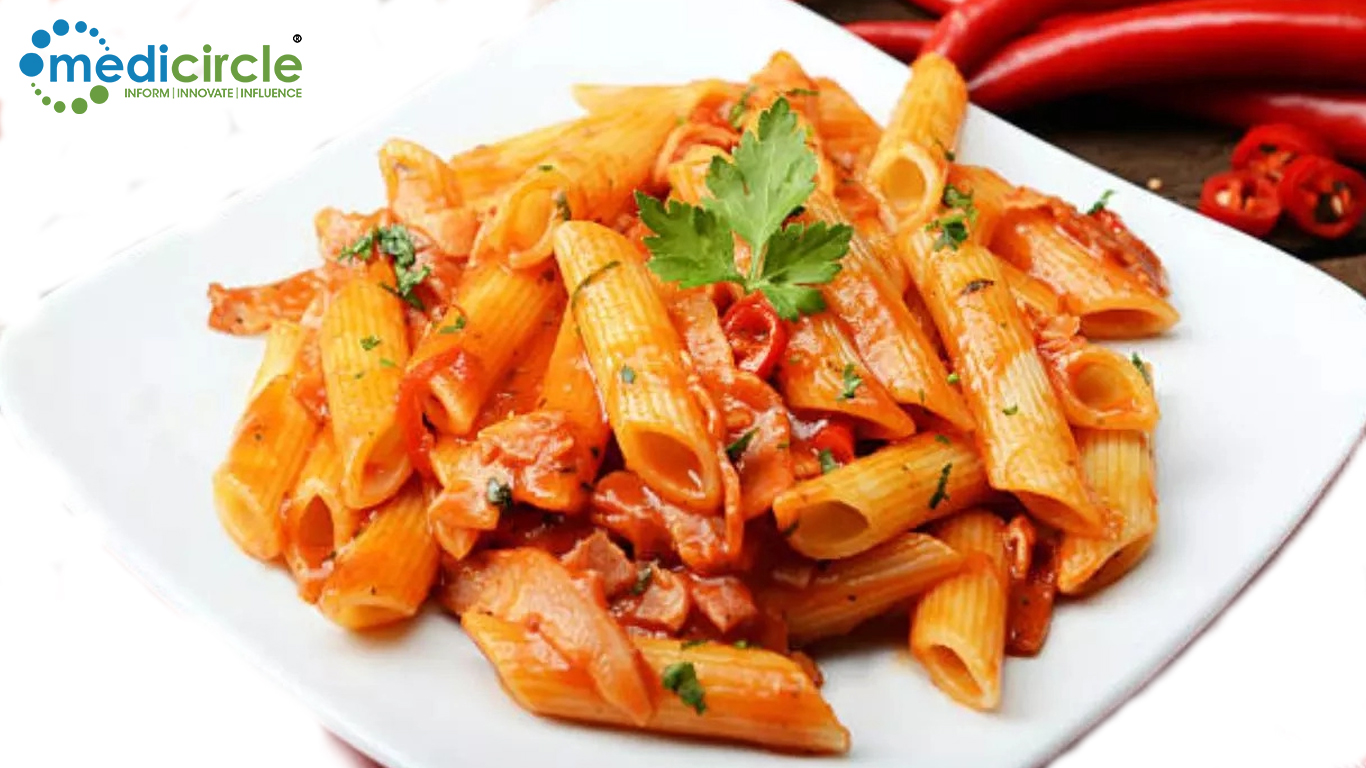Vitamin K is essential for blood clotting and preventing excessive bleeding. Vitamin K, unlike many other vitamins, is not commonly used as a dietary supplement.
Vitamin K is actually a collection of compounds. Vitamins K1 and K2 appear to be the most important of these compounds. Vitamin K1 is found in leafy greens and a few other vegetables. Vitamin K2 is a class of compounds derived primarily from meats, cheeses, and eggs and produced by bacteria.
Vitamin K1 is the most common type of vitamin K supplement available in the United States.
Some people have recently turned to vitamin K2 to treat osteoporosis and steroid-induced bone loss, but the research is mixed. There is not enough data to recommend vitamin K2 for osteoporosis at this time.
Despite the rarity of vitamin K deficiencies, the following factors may increase your risk:
- Have a condition that affects gastrointestinal absorption, such as active celiac disease or Crohn's disease
- Take medications that inhibit vitamin K absorption.
- Are malnourished severely
- Drink a lot of alcohol
Is it possible to get vitamin K from food?
- Spinach, asparagus, and broccoli are examples of vegetables.
- Legumes, such as soybeans
- You can also meet your daily requirement with foods that contain less vitamin K:
- Eggs
- Strawberries
- Meats such as liver
Low vitamin K levels can increase the risk of uncontrolled bleeding. While vitamin K deficiency is uncommon in adults, it is extremely common in newborn infants. For newborns, a single injection of vitamin K is standard. Vitamin K is also used to counteract a blood thinner overdose.

 Low vitamin K levels can increase the risk of uncontrolled bleeding. While vitamin K deficiency is uncommon in adults, it is extremely common in newborn infants.
Low vitamin K levels can increase the risk of uncontrolled bleeding. While vitamin K deficiency is uncommon in adults, it is extremely common in newborn infants.


















.jpeg)











.jpg)




.jpg)


